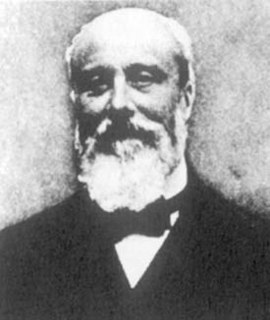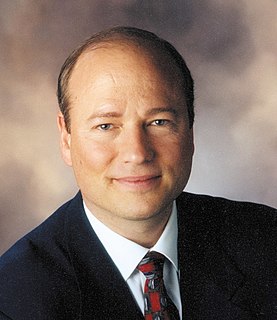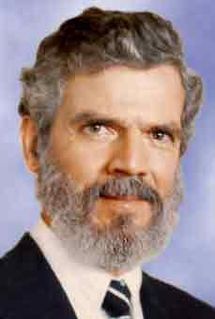A Quote by L.A. Paul
The distinctive contribution that metaphysics makes to our understanding of reality is first that it considers questions about features of reality that the sciences don't, such as the intrinsic nature of causation or the dynamic character of temporal experience.
Related Quotes
Now these two questions Does there exist a material reality distinct from sensible appearances? and What is the nature of reality? do not have their source in experimental method, which is acquainted only with sensible appearances and can discover nothing beyond them. The resolution of these questions transcends the methods used by physics; it is the object of metaphysics. Therefore, if the aim of physical theories is to explain experimental laws, theoretical physics is not an autonomous science; it is subordinate to metaphysics.
Plato used the dialogue format because the exchange of views, the posing and answering of questions, showed that understanding is a living, dynamic process. He distrusted writing because the settled character of the written word makes it look as if truth can be fixed and made to stand still. It is worth remembering that this greatest advocate of the objective reality of truth also believed that our access to that truth was sustained in reasoned discussion.
Kant's treatments of rational theology and metaphysics were aimed primarily at theoretical questions. His attitude toward the pseudo-sciences of "special metaphysics" in Wolff and Baumgarten was always double-edged. He did see them as pseudo-sciences but also valued their doctrinal value and especially their regulative value for the empirical sciences. Like his views about religion, I don't think any of this is any longer viable in its original form.
Buddha was speaking about reality. Reality may be one, in its deepest essence, but Buddha also stated that all propositions about reality are only contingent. Reality is devoid of any intrinsic identity that can be captured by any one single proposition - that is what Buddha meant by "voidness." Therefore, Buddhism strongly discourages blind faith and fanaticism.
Reality became for me a problem after my experience with LSD. Before, I had believed there was only one reality, the reality of everyday life. Just one true reality and the rest was imagination and was not real. But under the influence of LSD, I entered into realities which were as real and even more real than the one of everyday. And I thought about the nature of reality and I got some deeper insights.
At its very core, virtual reality is about being freed from the limitations of actual reality. Carrying your virtual reality with you, and being able to jump into it whenever and wherever you want, qualitatively changes the experience for the better. Experiencing mobile VR is like when you first tried a decent desktop VR experience.
Metaphysics is the study of the most general nature and basic structure of reality, and therefore the concepts of metaphysics, concepts like time, space, identity, resemblance, substance, property, fact, event, composition, possibility, etc., are the most fundamental concepts. Thus metaphysics is the most fundamental theoretical discipline.
To gauge the understanding and insight that metaphysics provides is to ask whether, in the final analysis, it helps us to cope with our world and harmonize our existence with nature, humanity, and ourselves, and leads to greater freedom and self-realization. Metaphysics is only the beginning. The end is human progress.
In order to pin down reality as realilty, we need another reality to relativize the first. Yet that other reality requires a third reality to serve as its grounding. An endless chain is created within our consciousness, and it is the maintenance of this chain which produces the sensation that we are actually here, that we ourselves exist.































